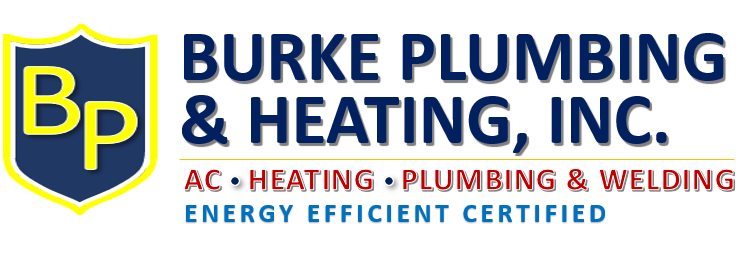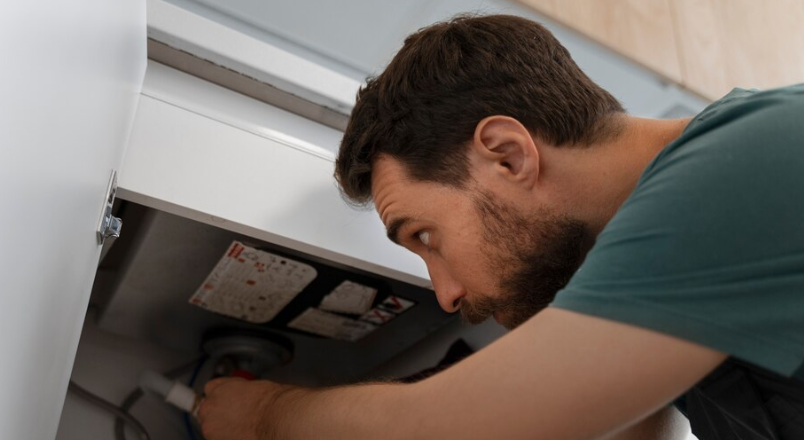Water heaters are one of the most important appliances in any home. It is a vital part of your daily comfort, from morning showers to dishwashing and laundry. Water heaters require routine maintenance to ensure they perform optimally. Ignoring maintenance can lead to expensive repairs, reduced efficiency and premature failure.
This article will explore the importance of routine maintenance for your water heater and the dangers of neglect. We’ll also provide water heating maintenance tips that can help you prolong the life of your unit and ensure consistent performance throughout the year.
Leading The Industry In Quality & Customer Service
Call Today!
1-508-822-5070
What is the role of your water heater?
It’s important to know how vital your water heater really is before you start doing any maintenance. Standard tank water heaters store and heat water so that it is ready to use immediately. Tankless models, on the other hand heat water as needed. No matter the type, it must be able to provide hot water reliably and safely.
Over time, however, the efficiency of your system will decrease as parts become worn out and sediment accumulates. It’s important to take proactive measures, as they protect your investment and home comfort.
1. The Lifespan of your Unit is Extended
Regular water heater maintenance can increase the lifespan of your water heater. Water heaters typically last 8-12 years. Routine maintenance can extend this lifespan by several years. Mineral buildup, corrosion and wear can reduce the useful life of a water heater if it is not maintained.
Maintenance tip for water heaters
Annually flush your tank to remove sediment at the bottom. This simple action can prevent internal damage as well as maintain heating efficiency.
2. Maintaining Energy Efficiency
Water heaters coated with sediment have to work harder in order to heat the water. This leads to higher energy bills and increased utility costs. Minerals that collect in the bottom of the tank, especially in areas with hardwater, act as an insulation between the heating element (and the water) and make the heater less effective.
Regular maintenance will help your unit perform at its best, resulting in less energy wasted and greater savings over time.
Water heater maintenance tip:
Check the insulation surrounding your unit and its pipe. If your heater is an older model, wrapping it with an insulating cover can help reduce heat loss. This will also lower energy costs.
3. Preventing Unexpected Breakdowns
When you most need hot water, water heaters can fail without warning. Lack of maintenance can increase the risk of breakdowns. These can be costly and disruptive, especially in winter.
Inspections are important to detect problems early, like rust, leaks or component wear. You can then take care of minor issues before they become major ones.
Water heater maintenance tip:
A professional inspection should be scheduled once a year. A technician with a license can detect potential problems such as faulty thermostats or corrosion.
4. Water Quality Improvements
Sediment buildup in your water heater can affect not only its efficiency, but also the quality of water that comes out of your faucets. You might notice discoloration or metallic odors. The taste may also change. Unflushed tanks can sometimes develop bacteria, posing a serious health risk.
By maintaining a clean system, you can ensure that the water used by your family for cleaning, bathing, and cooking is safe.
Leading The Industry In Quality & Customer Service
Call Today!
1-508-822-5070
Water heater maintenance tip:
Watch the water’s clarity and smell. If you notice that your hot water is cloudy, or has an unusual smell, your water heater may need to be flushed or inspected.
5. Reduce the risk of leaks and water damage
If left unchecked, even a small water leak can cause serious water damage. Water can cause floors to warp, drywall to be destroyed, and moldy environments. This type of problem can be drastically reduced by performing regular maintenance. You will catch any small leaks, or weak points in the tank and valves.
Maintenance tip for water heaters
Check the area surrounding your water heater for moisture, corrosion, and rust. Check the anode rod, which is a vital component in preventing tank rust. It is important to replace it every few years in order to maintain the integrity of your tank.
6. Safeguard Your Home from Hazards
Neglected water heaters, while rare, can pose a safety risk. An explosion could occur if excessive pressure builds up due to a malfunctioning temperature-pressure relief valve (T&P). Electric issues, gas leaks or water near electrical parts are all serious concerns.
You can ensure that your safety features are working properly by performing regular checks on the unit and having it serviced professionally.
Water heater maintenance tip:
At least once per year, test your temperature and pressure release valve. Then, lift the lever of the valve and let it snap. Replace the valve immediately if water is not flowing freely or drips.
7. Complies with Warranty Requirements
Most water heaters have warranties that include regular maintenance. If you fail to maintain your water heater properly, your warranty could be voided. This means that you will have to pay for any repairs or replacements.
Keep a record of all professional service visits as well as DIY maintenance to ensure that you are covered under your warranty.
Water heater maintenance tip:
Keep all your maintenance documents in one location. Proof of maintenance is useful for warranty claims and resale.
8. Long-term Savings
Neglecting your hot water heater could lead to costly repairs, high energy bills or even early replacement. Regular maintenance will keep your system working efficiently and catch problems before they turn into budget-busting emergency situations.
Savings on energy costs and repairs can add up over time.
Routine Water Heater Checklist
Here is a simple checklist that you can use to ensure your water heater stays in top condition:
- Flush the tank Remove sediment and debris.
- Check the anode rod and replace if worn out.
- Check your temperature setting. A temperature of 120degF for safety is the ideal.
- Test pressure relief valve and ensure it works properly.
- Check for corrosion or leaks, especially around the fittings and base.
- Insulate pipes and tanks Reduce standby heat losses.
- Schedule an appointment for a professional tune up- Have a technician inspect and service your unit.
Do not hesitate to contact a professional HVAC or plumber if you are unable to complete these tasks.
When to call a professional
Some maintenance jobs are easy enough for the homeowner to do, but others require a technician’s expertise. If you notice:
- Water that is discolored or smelly
- Unusual sounds (rumbling or popping)
- Water pooling at the base of the unit
- Unreliable water temperature
- There is no hot water whatsoever
A regular checkup by a qualified professional can ensure that your system is operating safely, efficiently and within the warranty guidelines.
Final Thoughts
Routine maintenance of your water heater is not just a good thing, it’s essential. You can save money on your energy bill, extend the life of a vital appliance in your home, and prevent major problems by dedicating some time to maintenance each year.
Maintenance is an investment for comfort, safety and peace of heart. Well-maintained water heaters are more efficient, deliver cleaner water and remain reliable for many years.
Burke Plumbing and Heating can help you ensure the performance and longevity of your water heater. Our team offers expert inspections, maintenance and repair services customized to your system. We’re here to help you with routine maintenance or an emergency.


Recent Comments